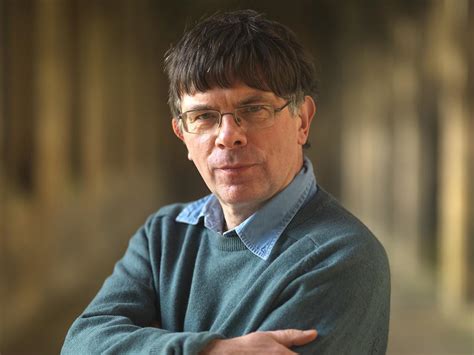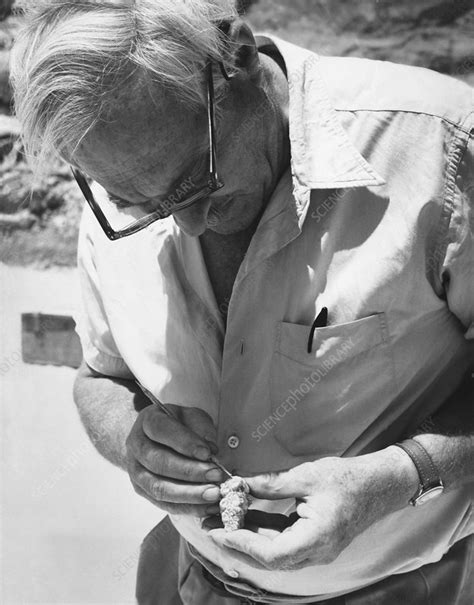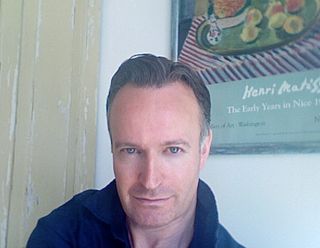A Quote by Simon Conway Morris
On a perfect planet such as might be acceptable to a physicist, one might predict that from its origin the diversity of life would grow exponentially until the carrying capacity, however defined, was reached. The fossil record on Earth, however, tells a very different story.
Related Quotes
However dangerous might be the shock of a comet, it might be so slight, that it would only do damage at the part of the Earth where it actually struck; perhaps even we might cry quits if while one kingdom were devastated, the rest of the Earth were to enjoy the rarities which a body which came from so far might bring it. Perhaps we should be very surprised to find that the debris of these masses that we despised were formed of gold and diamonds; but who would be the most astonished, we, or the comet-dwellers, who would be cast on our Earth? What strange being each would find the other!
There are about 250,000 different species of fossil plants and animals known . . In spite of this large quantity of information, it is but a tiny fraction of the diversity that [according to the theory] actually lived in the past. There are well over a million species living today and . . [it is] possible to predict how many species ought to be in our fossil record. That number is at least 100 times the number we have found.
We can't change the fossil fuel companies' behavior in isolation from the rest of the industrial system. As long as they have customers, they're going to continue to operate, whether or not we divest of their stock. However, divesting might be helpful in terms of disrupting the story that what these companies do is perfectly okay. This situation differs from apartheid in a key regard though: racial equality in South Africa was no threat whatsoever to capitalism as we know it. Ending the fossil fuel era is a much deeper change.
However old you are, however much you love life, however happy you are, how healthy you are, it doesn’t matter. Nothing’s guaranteed. And I think it made me want to take that risk to expose myself as me and not as a version of myself. I don’t become Jessie J. I might put a nicer pair of heels on and a cooler outfit, but I’m still that naughty girl who likes a slice of cheesecake on my day off.
None of us makes it through this life without problems and challenges — and sometimes tragedies and misfortunes. After all, in large part we are here to learn and grow from such events in our lives. We know that there are times when we will suffer, when we will grieve, and when we will be saddened. However, we are told, “Adam fell that men might be; and men are, that they might have joy.” How might we have joy in our lives, despite all that we may face? Again from the scriptures: “Wherefore, be of good cheer, and do not fear, for I the Lord am with you, and will stand by you."
I always tell the story of 'Irreplaceable.' I initially wrote 'Irreplaceable' with myself in mind, with plans of it being my record. I love that record; however, what I realised about that record was that though given the circumstances of that situation - men and women are not that different - when you sing about it, it changes things, you know?
You might argue that my example is bad because Einstein is dead. But according to physicist Erwin Schrodinger, Einstein is neither dead nor alive until we dig him up and open the casket. If he's alive, he might want his brain back, which I understand is in a Ziplock bag in some guy's freezer. And this is a perfect example of why examples always distract from the main point.
Man's maker was made man that He, Ruler of the stars, might nurse at His mother's breast; that the Bread might hunger, the Fountain thirst, the Light sleep, the Way be tired on its journey; that Truth might be accused of false witnesses, the Teacher be beaten with whips, the Foundation be suspended on wood; that Strength might grow weak; that the Healer might be wounded; that Life might die.




































